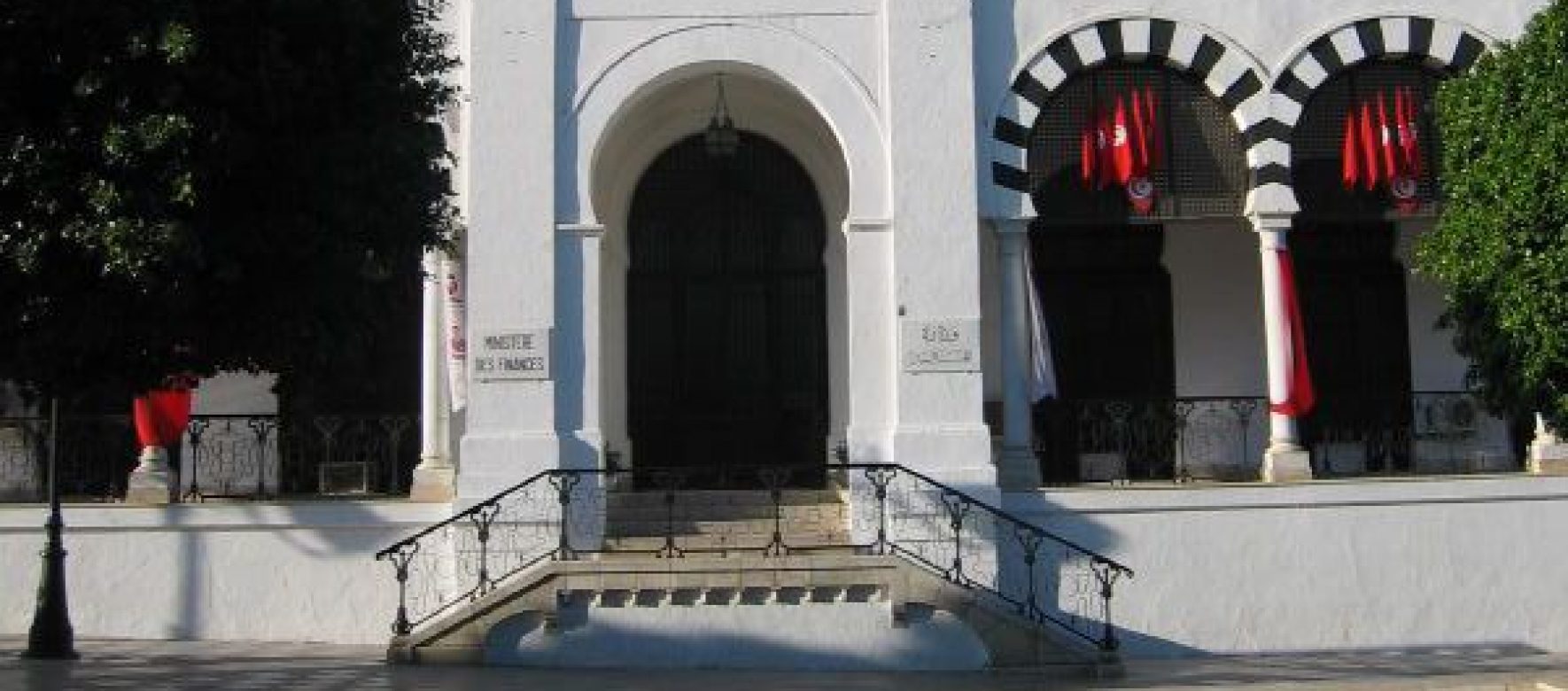In September, the Tunisian government signed an agreement with the UGTT to put an end to the social crisis affecting the country. This agreement paved the way for IMF financing for a reform program.
Tunisia has obtained a preliminary agreement with the IMF for a new economic program of $1.9 billion. This was announced by the institution in a press release published on Saturday, October 15.
The agreement, which concerns an extended credit facility, aims to restore Tunisia’s external and budgetary stability, strengthen social protection, while promoting strong, sustainable and more inclusive growth as well as job creation driven by the private sector. It will do this by targeting the tax sector, integrating the informal sector into the tax system and broadening the tax base.
In an inflationary context affecting the purchasing power of the population against a backdrop of economic crisis, the Tunisian State has also undertaken to control expenditure, free up budgetary space for social assistance, and strengthen “the social security by increasing cash transfers and expanding existing social safety nets to compensate vulnerable households for the impact of price increases”.
It should be noted that the new agreement comes after long discussions between Tunis and the Bretton Woods institution. The latter had demanded several guarantees from the Tunisian State before continuing the negotiations. One of them was the signing of an agreement with the Tunisian General Labor Union (UGTT), which was on strike to demand social measures.
Although the Tunisian government pledged in September to increase wages, it will need to continue its wage bill consolidation program, reform its public enterprises, and accelerate structural reforms aimed at stimulating competition and creating a transparent environment. and fair to investors. For the IMF, this should not overshadow the adaptation and strengthening of resilience to climate change, through the encouragement of investments in renewable energies in particular.
“The international community has an important role to play in facilitating the authorities’ program by quickly releasing financing to ensure the success of the policies and reforms they intend to carry out,” the IMF said.
As a reminder, last September, Marouan Abassi, Governor of the Tunisian Central Bank, indicated that his country expected to receive up to $4 billion in IMF financing. The new deal will be subject to approval by the fund’s board, which is expected to consider Tunisia’s request in December.








Réagissez à cet article